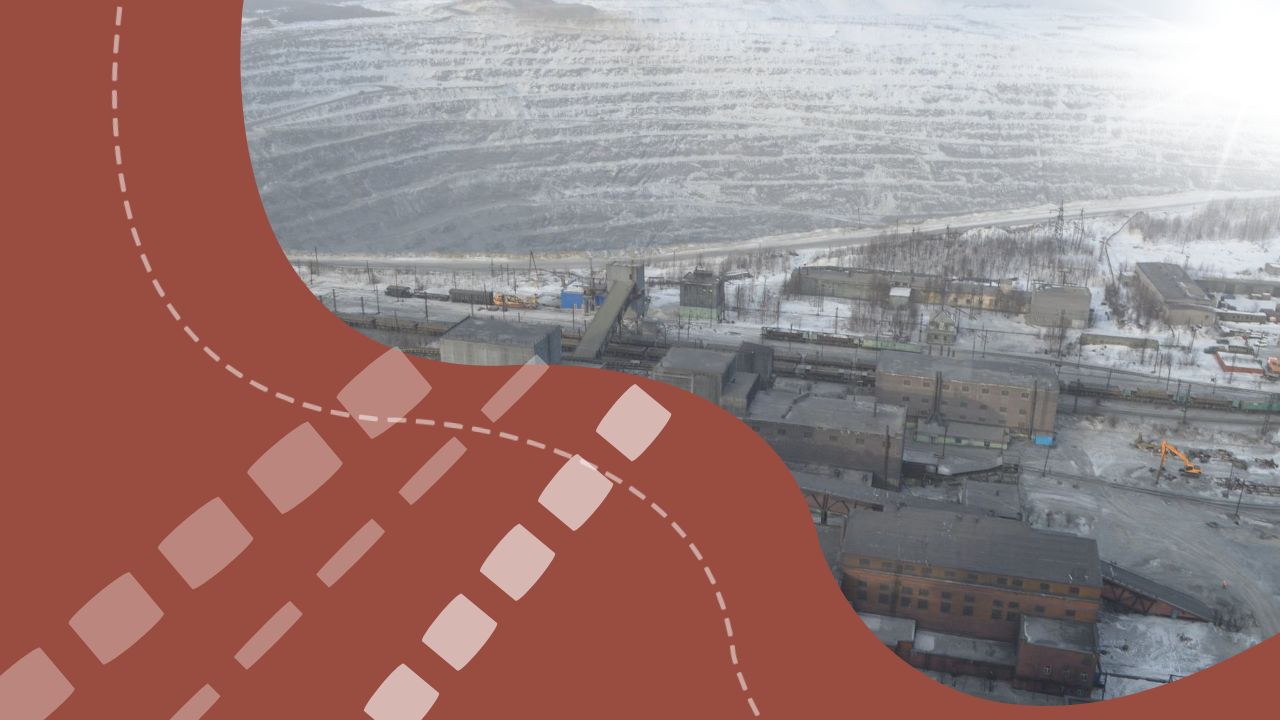President Shavkat Mirziyoyev convened a meeting on April 29 to discuss objectives within the realm of geology and the mining-metallurgical industry in Uzbekistan. The domestic geological sector receives an annual allocation of one trillion sum, with last year’s production volume in the mining industry reaching nearly $11 billion through the implementation of targeted programs, as outlined in a recent report. However, the majority of this volume pertains to precious and non-ferrous metals, indicating significant untapped potential in critical industrial minerals. Notably, the country has identified 32 such valuable minerals. Given this context, directives were issued during a presentation on January 15 to harness opportunities in this sphere. Measures, plans, and proposals were deliberated during the recent meeting. Global technological advancements have led to increasing demand for rare-earth metals in electric vehicle, green energy, and electrical industries, consequently driving up prices for molybdenum, tellurium, selenium, and graphite on the global market in recent years. President Mirziyoyev emphasized the burgeoning opportunities, stressing the need to expand exploitation of existing and exploration of new critical resource deposits. Currently, Uzbekistan extracts six types of such resources. However, there is potential to derive high-value-added products from platinum, indium, vanadium, as well as minerals containing tungsten, molybdenum, rhenium, zinc, and manganese. Efforts could lead to the establishment of previously non-existent powder metallurgy production worth $300 million annually and equipment and components sector worth $100 million annually. A recent agreement with the European Union on critical resources opens broad access to this significant market. Given these developments, officials have been tasked with formulating a program for prospective projects amounting to $500 million in rare-earth metals, involving foreign experts and investors. Emphasis was placed on developing this sector with a scientific approach, establishing a project office for this purpose, and engaging leading institutes and scientific centers. Additionally, discussions at the meeting encompassed strategies to increase precious metal extraction at the Navoi Mining and Metallurgical Combine. Officials presented opportunities for further increasing both reserves and gold production volumes. President Mirziyoyev instructed to reduce production costs at the combine by 10-15%, expand industrial cooperation and localization, and establish a Scientific Center for Advanced Technologies in Precious Metals.
Source and Credit: president.uz

